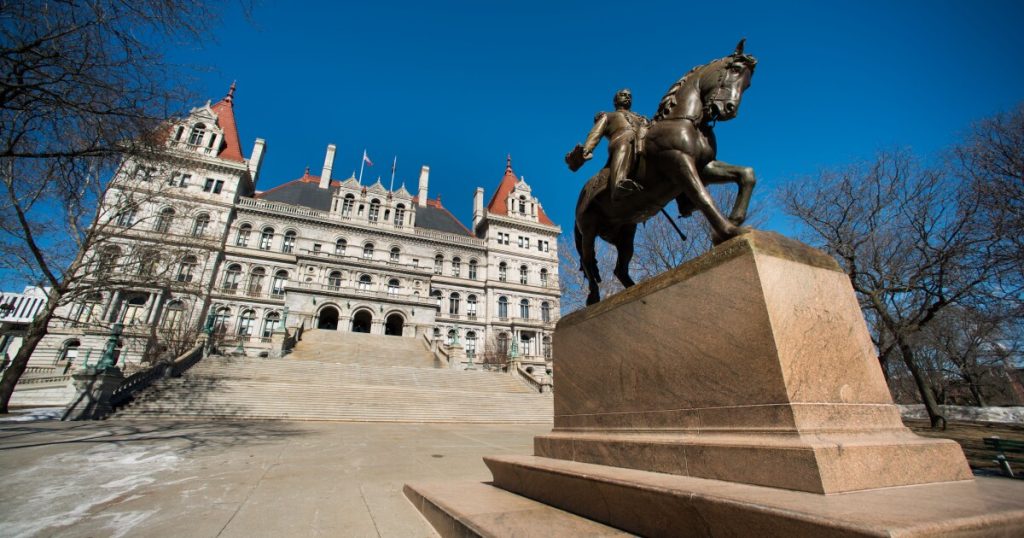When New York State Senator James Sanders Jr. took his nephew out to lunch, he ran into a snag: The restaurant didn’t accept cash.
“They put me in a bind,” Sanders, who also serves as the Chairman of the Committee on Banks, told American Banker.
“How many would fall into this and would not have a credit card or some other means to pay? It would lead to some very tricky situations where people are being escorted out unceremoniously,” he said. “And then there’s other situations where they put a big sign on the door [saying] ‘No cash allowed.’ Wouldn’t that have echoes of earlier signs? ‘No Irish need apply,’ or any of the other signs we as a society [have used in the past].”
That experience spurred Senator Sanders – who
The legislation,
“As long as the Greenback is the currency of the land, I believe that American currency should be accepted in American stores,” Sanders said.
Under the law’s requirements, retail and food service stores will be required to accept cash denominations of $20 and under, and may not charge extra to accept cash as a payment. Stores that have devices on premise that convert cash to a payment card are exempt from these requirements as long as the payment card device does not charge a fee or require a minimum deposit greater than $1.
Food and retail stores in violation of the statute will be subject to a civil penalty of up to $1,000 for the first violation, and up to $5,000 for each subsequent violation.
The law has passed both the Assembly and the Senate in New York and will soon be sent to Governor Kathy Hochul to await her signature.
The governor’s office didn’t immediately respond to a request for comment.
“This bill returns the majesty of American money back to its proper throne,” Sanders said.
Other states have protected cash. Massachusetts has had a cashless ban on the books since 1978, and Colorado, Connecticut, Delaware, Montana, New Jersey, Oregon and Rhode Island also have similar laws regulating cashless payments that were passed in “recent years,” according to financial services law firm Hunton Andrews Kurth.
New York City also has had a ban on cashless establishments since 2020, and Berkeley, California, San Francisco, West Hollywood and Philadelphia have had cashless bans in effect since 2019. Miami-Dade County put one in effect in 2022, and Detroit enacted a cashless ban in 2023, according to Hunton Andrews Kurth. Certain counties in Washington state also have cashless bans that either took effect January 1 or will take effect July 1.
National efforts to pass a federal ban on cashless establishments have not made progress. For example, the Payment Choice Act has failed to make it across the finish line. That bill was
“The top left corner of the dollar bill clearly states that the note is legal tender for all debts, public and private,” Rep. Rose told American Banker in an email. “Millions rely on cash, especially those without easy access to digital payments. It makes no sense for folks to be turned away from a purchase simply because they lack a piece of plastic or the ability to make a smartphone payment.”
Rep. Rose is optimistic the bill will pass the House again and hopeful the Republican-led Senate will take it up for a vote.
Broadly, cash is seeing a resurgence in popularity even as digital payments become ubiquitous.
“There was a time when many of us in financial services believed that cash would
Americans in particular during times of uncertainty can become prone to the concept of “stuffing cash in their mattress just in case,” Hawkins said. “Our political climate right now in the U.S. does not have as much certainty.”
Political pressure to protect cash isn’t just an American phenomenon. Sveriges Riksbank, Sweden’s central bank, said in March that

